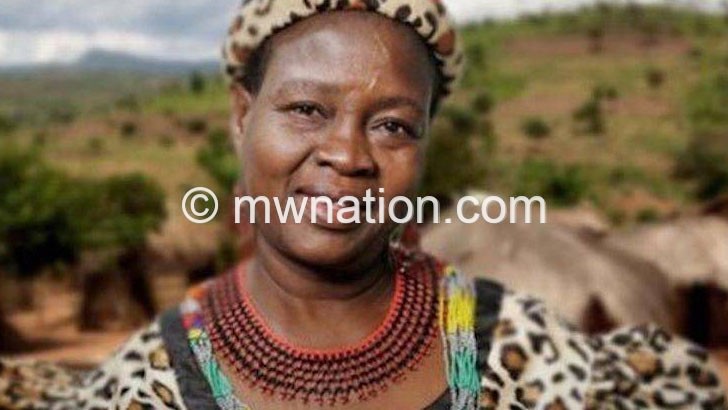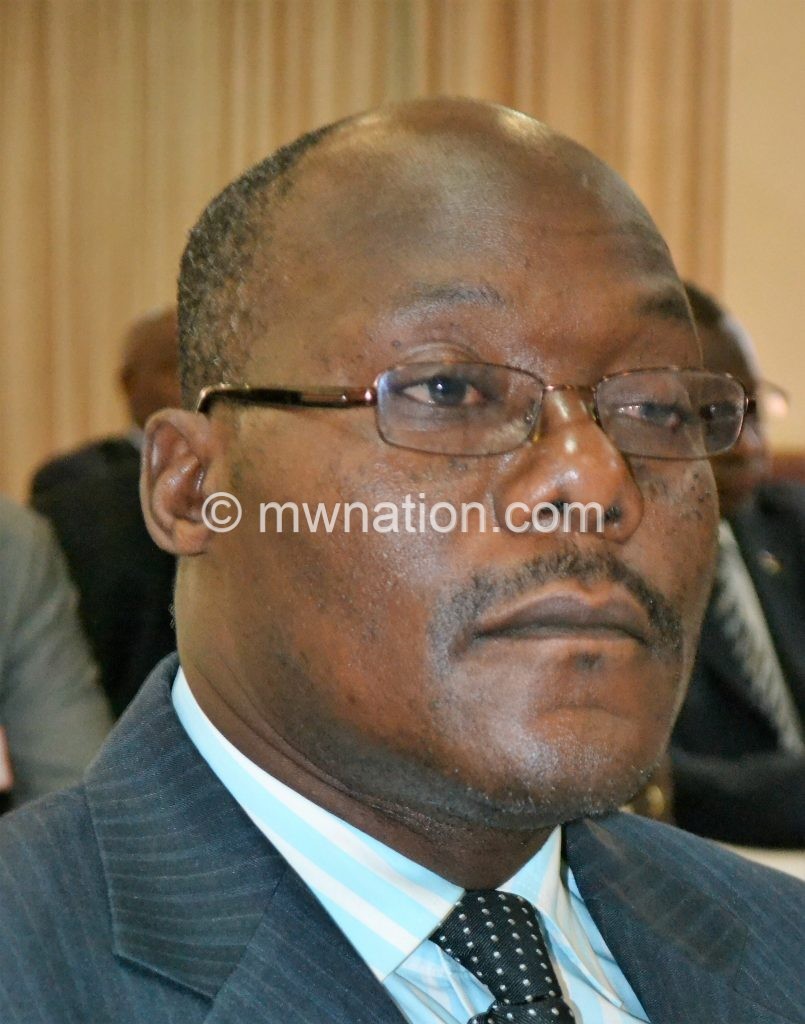Chiefs sound SOS on Covid-19
Traditional leaders have said the fight against coronavirus (Covid 19) in rural areas is facing hurdles as most rural people cannot afford face masks and soap for hand washing due to high poverty levels.
But health experts have urged the use of available resources in communities to help curb the spread of Covid-19, and for other stakeholders to support government efforts in fighting the pandemic.

Cumulatively, Malawi has recorded 1 818 cases including 19 deaths. Of these cases, 703 are imported infections and 1 042 are locally transmitted while 73 are still under investigation.
In an interview yesterday, Senior Chief Tengani of Nsanje said although chiefs continue to disseminate Covid-19 preventive messages among their subjects, their efforts are hampered by lack of protective equipment, including poor adherence to hand-washing in offices, markets and shops.
He said: “Not many people in villages can afford masks and soap. They would rather buy food. The economy is not good. We have high poverty levels and people prioritise food. I hope institutions come in and help.”

Tengani also said some institutions have relaxed on enforcing hand washing as a preventive measure.
“I have seen buckets in facilities, but normally you don’t see soap, and even when people visit these places, they don’t wash their hands. We need to enforce these measures. Someone who owns a shop must not allow anyone to enter their premises without washing hands.”
On her part, Senior Chief Kachindamoto of Dedza said in her area, the challenge is with access as people do not know where to get face masks.
She said: “Immediately we heard about the pandemic, I visited all the 51 group village heads under my jurisdiction to emphasise on preventive measures.
“The challenge we have is that people do not know where to buy face masks. Let those who make masks supply to us. We need to protect lives.”
In Mangochi, Senior Chief Chowe said government and other organisations have provided face masks and buckets for water, but the equipment were not enough to reach out to all people.
“Our plea is that organisations must come in and help people with masks. We ask those who have received to put the masks to good use. But we need more masks. While few people can afford to buy, many cannot because they are poor and need donations,” he said.
Meanwhile, Senior Chief Lukwa of Kasungu, who is also a member of the Presidential Task Force on Covid-19, said weekly markets and funerals remain a challenge in his district as people still gather in large numbers, raising the risk of the spread of the virus.
He said: “In Kasungu, we have many companies that deal in tobacco, we need them to come and help. One company gave me 40 000 masks, but my area has 140 000 people, it means the rest are unprotected. The challenge is poverty. We have over 70 percent of the population living below the poverty line.
“As such, people can’t afford to buy on their own, so let organisations and companies come in to help.”
Recently, while attending to some development projects, Inkosi ya Makhosi M’mbelwa of Mzimba urged people of Chikwa Theu Village, under Traditional Authority Mzikubola to inform health officials if they have relations that have returned from South Africa.
Meanwhile, Society of Medical Doctors president Dr Victor Mithi has urged people to learn to manage the pandemic with the resources they have.
He said: “It is expensive to buy surgical masks. I have seen many people making masks from cloth, and this is what we need to encourage in communities.
“People should stop depending on donations, but utilise what they have. We need as authorities, to engage chiefs more so that the message goes direct to their people, on the standards we need for these face masks when they are being made. We need everybody covered and protected.”
On his part, President of the Physicians Assistants Union of Malawi Solomon Chomba said government cannot handle the Covid-19 pandemic on its; hence, the need for collaborative efforts.
Malawi declared a State of National Disaster on March 20 this year before registering the first three cases of Covid-19 on April 2.





